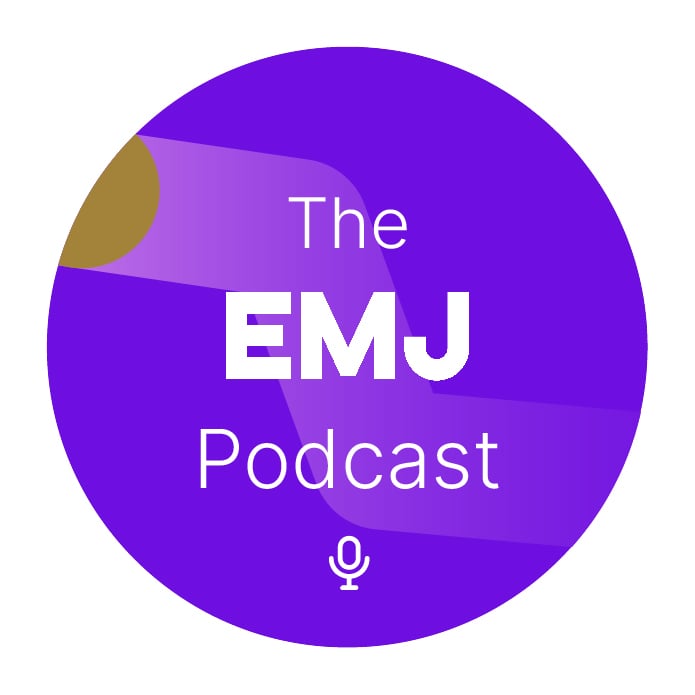The EMJ Podcast | Episode 148
This week, Jonathan is joined by Laura Sycuro, University of Calgary, Alberta, Canada, to explore the microbiome, providing insights into what it means and how it affects mother and child. The pair discuss the interaction between human microbiota and disease, microbial imbalances and how to correct them, and how microbial transmission from mothers impacts the lifelong health of their children. They further dive into the vaginal microbiome and chorioamniotic infection in pre-term labour.
Spotify | Apple | Amazon Music | Download MP3 (mp3, 39:24 mins)
Speaker bio:
Laura Sycuro initially completed her education in biochemistry and molecular biology at the University of Colorado Boulder, USA, followed by a MSc in epidemiology and PhD in molecular and cellular biology at the University of Washington in Seattle, USA. Her career has spanned several disciplines, from contributing to the development of cryogenic and desiccative strategies for preserving tissue in human transplant, to studying the vaginal microbiome at the Fred Hutchinson Cancer Research Center, Seattle, Washington, USA and using confocal microscopy to analyse bobtail squid at the University of Hawaii, Honolulu, USA. Sycuro is a member of the Canadian Society for Microbiology (CSM), the American Association for the Advancement of Science (AAAS), and the American Society for Microbiology (ASM). She is currently based at the University of Calgary, Alberta, Canada, where she heads a research programme that is working to advance understanding of the microbiome and the links between species, strains, and genes on health outcomes.








